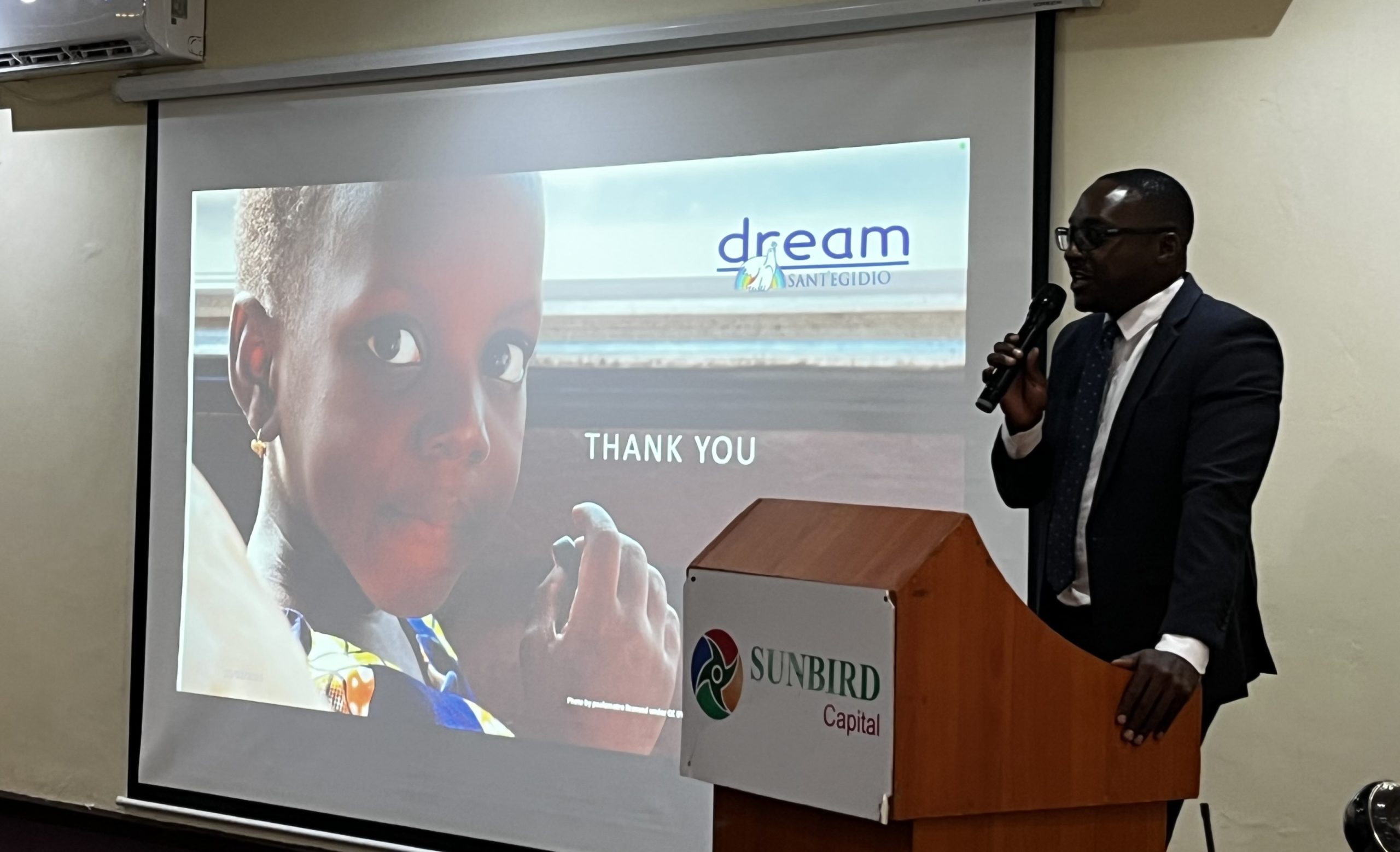The DREAM Program against HIV drug resistance: workshop in Malawi for new solutions
The DREAM Program of the Community of Sant’Egidio recently organized an important workshop in Lilongwe, Malawi, focusing on the issue of drug resistance in HIV treatment.
This event marks the third in a series of workshops dedicated to addressing drug resistance, following previous meetings in Rome and Maputo, Mozambique. The choice of Malawi as the venue for this workshop is significant: the country has long been a symbol of the fight against HIV in Africa and a benchmark for progress in managing the pandemic.
Despite significant advancements in recent decades, HIV/AIDS remains one of the major global health challenges, particularly on the African continent. Currently, nearly 40 million people live with HIV, approximately 26 million of whom are in sub-Saharan Africa.
Between 2010 and 2022, new infection rates dropped by 42%, and access to antiretroviral drugs increased significantly, reaching 83% of people living with HIV in sub-Saharan Africa. However, the absolute number of people living with the virus continues to rise, partly due to the growing challenge of drug resistance, which is emerging as a critical global health concern.
During the Lilongwe workshop, representatives of the DREAM Program emphasized the importance of making drug resistance testing a universally accessible diagnostic tool, eliminating disparities between wealthy and low-income countries. “We cannot accept a double standard between developed and developing nations,” stated Davide Brambilla, responsible for several of DREAM’s 28 molecular biology laboratories.
At the event, the Secretary General of Malawi’s Ministry of Health, Dr. Samson Mndolo, highlighted that over 950,000 people in Malawi are currently on antiretroviral therapy, yet more than 400 cases of drug resistance have been recorded. This underscores the need for a collaborative approach to prevent and manage resistance.
Dr. Sangare Hawa Mamary, clinical lead for the DREAM Program in Malawi, praised the country’s progress in HIV management. However, she stressed the importance of developing targeted strategies to address resistance and ensuring access to effective treatments for all.
Davide Brambilla also underscored the critical importance of investing in the fight against HIV, emphasizing that such efforts are essential for improving the quality of life for millions. “Investing in the fight against HIV is an investment in the future and in the opportunities of millions of people,” he stated, calling for collaborative efforts to tackle the financial burden associated with this challenge.
The workshop concluded with a strong commitment from all participating organizations to continue joint efforts to combat drug resistance. The DREAM Program, together with Malawi’s Ministry of Health and other partners, has outlined a clear path forward: ensuring that drug resistance testing becomes a universal diagnostic tool, breaking down the economic and social barriers that still hinder access to care in many parts of the world.
The fight against HIV is far from over, but with 25 years of experience and unwavering determination, the DREAM Program continues to fight, offering hope to millions and working toward a future free of inequalities in the fight against AIDS.
